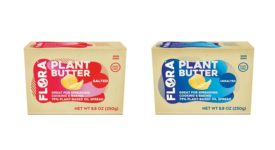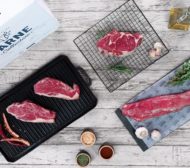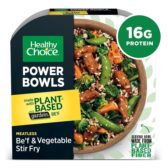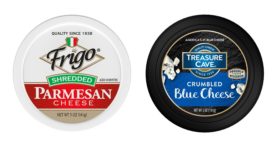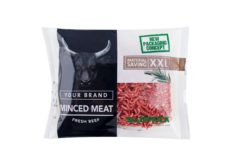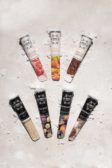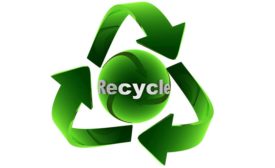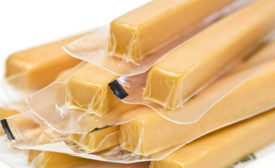Home » sustainable packaging
Articles Tagged with ''sustainable packaging''
Upfield, the makers of I Can't Believe It's Not Butter!, is marketing Flora as a culinary-inspired, premium dairy-free butter brand.
Read More
Carne Collective Launches Direct-to-Consumer Argentine Beef Subscription Boxes for U.S. Delivery
Frozen meat ships in sustainable packaging with non-GMO cornstarch foam and plant-friendly gel packs.
August 4, 2020
Frost Popsicles Launches Line of Alcoholic and Non-Alcoholic Frozen Treats in the U.S.
South African-based product debuts in the California market, with plans to expand nationwide.
June 3, 2020
Researchers find packaging made from banana plants an a-peeling alternative
Depending on the intended thickness, the material could be used in a number of different formats in food packaging.
December 11, 2019
Aramark announces new 2025 sustainability plan
Aramark’s people priority is to facilitate access to opportunities that will improve the well-being of its employees, consumers, communities and people in the supply chain.
December 10, 2019
Unilever opens new global Foods Innovation Centre
The €85m center, named Hive for its location amidst leading academic research centers, start-ups and external partners, will lead global foods innovation programs for brands like Knorr, Hellmann’s, The Vegetarian Butcher and Calvė.
December 10, 2019
Study: Sustainable, recyclable flexible plastics packaging solutions ignite fresh growth opportunities
From a regional perspective, Asia-Pacific is expected to witness the highest growth rate during the forecast period due to the increasing number of dual-income households.
December 10, 2019
Elevate your expertise in refrigerated and frozen foods with unparalleled insights and connections.
Get the latest industry updates tailored your way.
JOIN TODAY!Copyright ©2025. All Rights Reserved BNP Media.
Design, CMS, Hosting & Web Development :: ePublishing
